Perfect For Nintendo Switch: The greatest RPGs you never got to play
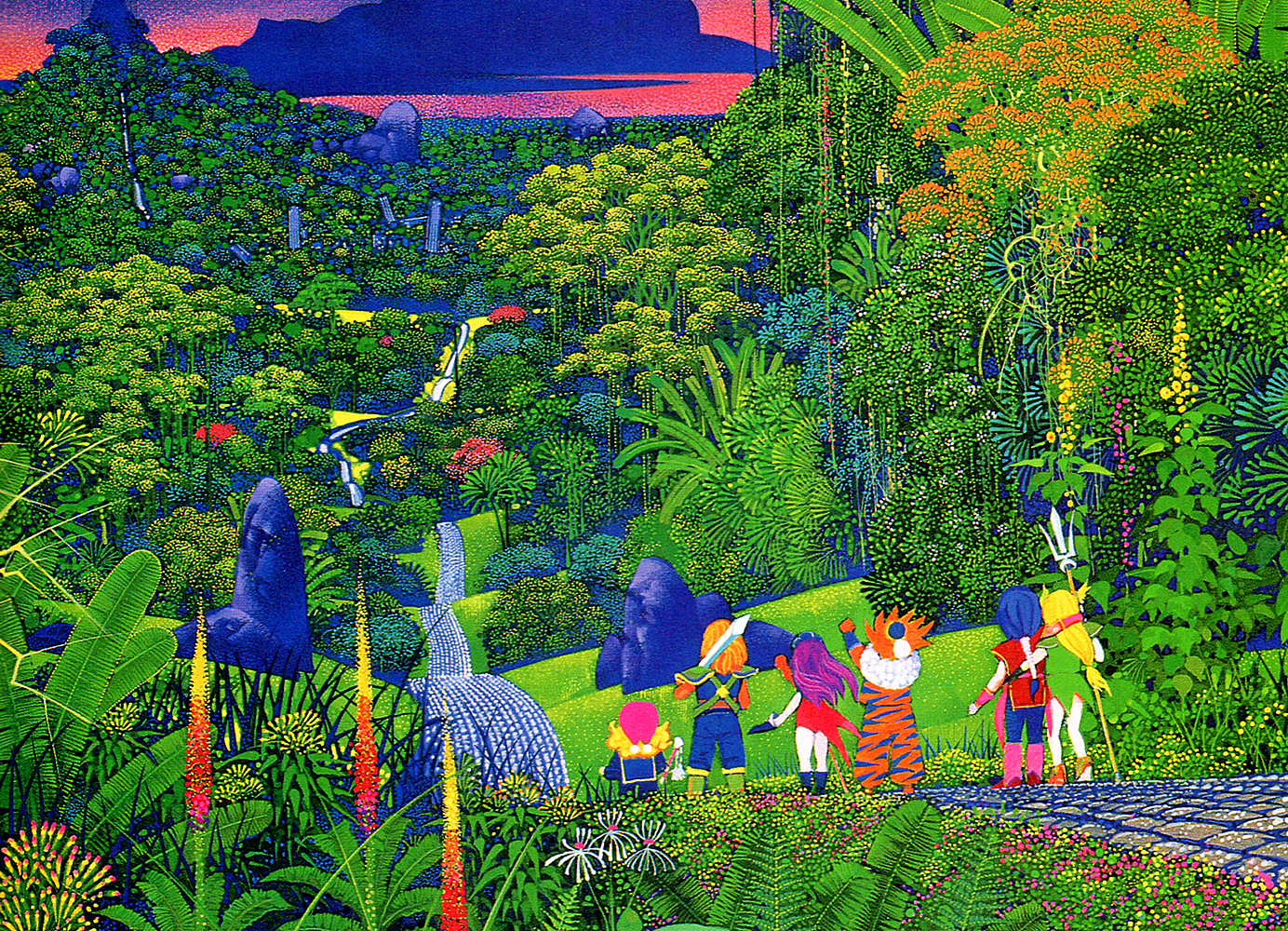
Our worries that Nintendo Switch wasn’t going to have a steady stream of exciting games are starting to look mighty unfounded. While it isn’t exactly a brand new release, Square-Enix’s announcement of a Seiken Densetsu Collection for Nintendo’s new machine is mana from heaven for a RPG fans. (Yes, that pun is absolutely intentional.) If the Japanese name doesn’t ring a bell, this package bundles together Square’s classic Mana series: Final Fantasy Adventure for Game Boy, its SNES sequel Secret of Mana, and finally Seiken Densetsu 3, the grand 1995 SNES RPG that never got officially translated into English. The new Switch version, complete with multiplayer support, may finally fill in a massive gap in the Western 16-bit canon.
If the Seiken Denstsu Collection does make the trip to the US and it’s successful for both Nintendo as well as Square-Enix, that could open the Switch up to a plethora of classic role-playing games that have been trapped in Japan. If the localization floodgates finally open, freeing old and out of print games from the legal limbo of fan-translations, reproduction carts, emulation, and Nintendo’s slow Virtual Console business, these are the ones we want to see first.
Racing Lagoon
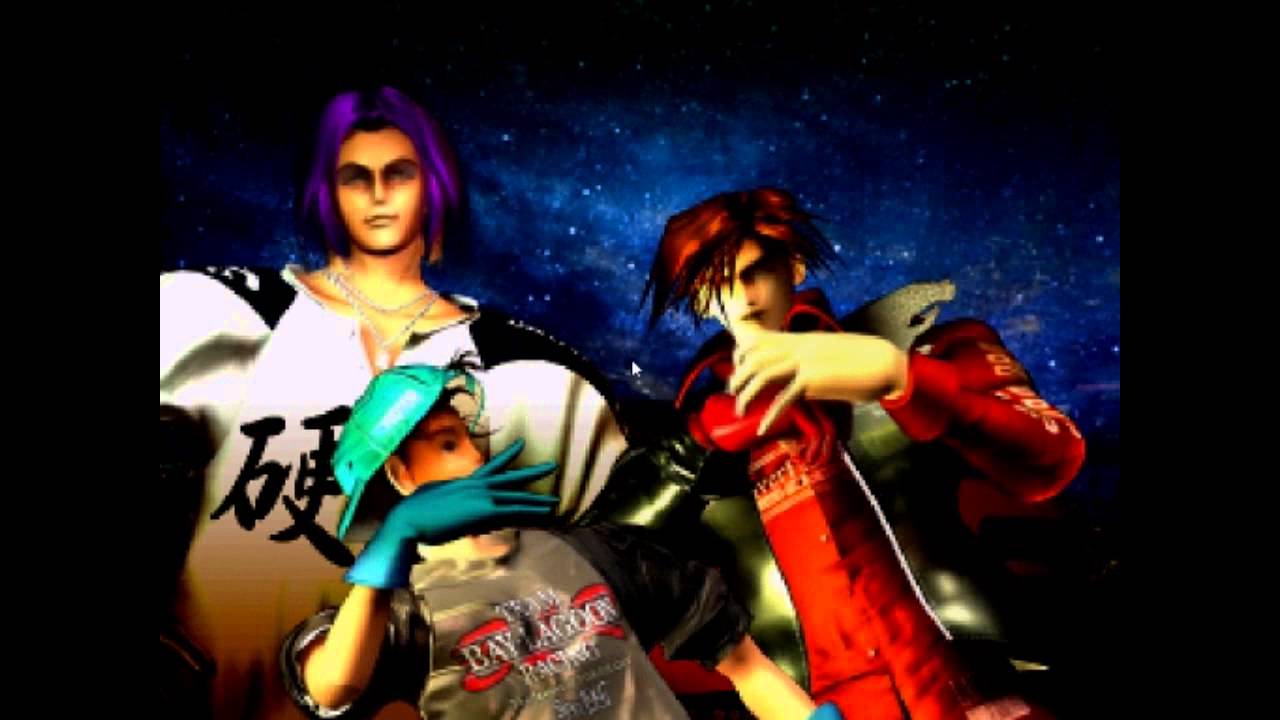
The wild success of Final Fantasy 7 guaranteed that, unlike the SNES where only a select few of Square’s RPGs made it out of Japan, the majority of the publisher’s PlayStation 1 material did get localized. Not all of it did, though, and the fascinating Racing Lagoon is one of the few that didn’t escape into the wider world. Born of the same era in which games like Parasite Eve and Aquanaut’s Holiday re-imagined unlikely subjects like horror and scuba diving through the lens of the role-playing game, Racing Lagoon did the same for Japanese street racing. Made by some of the key minds behind Final Fantasy Tactics, the Final Fantasy 13 trilogy and the creator of the SaGa series, you play as a young, talented amnesiac (of course) trying to rise through the street racing ranks in Yokohama. Rather than random battles with monsters, you cruise around the city in your souped up drift car waiting for random race challenges between major story moments. The racing doesn’t stack up to games like R4: Ridge Racer Type 4 from the same era, but its bizarre story and premise more than make up for the short comings. Given the ease of emulating the PS1, the truly hard part of getting this game on Switch would be translating the script.
Live A Live

Easily the strangest of Squaresoft’s many SNES RPGs, Live A Live abandoned the standard tropes of its other role-playing games in favor of an RPG with a plethora of very different characters. As our own Connor Sheridan put it, it’s the only game in history to let you go from playing as a weird techno-organic warrior knock off straight of Akira to a meat-sniffing caveman, each with their own distinct story and linked by a thorny, grid-based battle system. There are also cowboys, ninjas, thieves, and pro wrestlers in the mix as well. Basically it mashed every type of genre in the world into a lightly comedic game with a gobsmackingly gorgeous Yoko Shimomura soundtrack. Where that sort of anything goes variety makes other Square games of the era like SaGa Frontier - more on those SaGa games in a moment - impenetrable and emotionally distant, the omni-pulp fiction blitz in Live A Live feels light and inviting. With every new character and every new goofy enemy that shows up, Live A Live asks you to just go with it; the real pleasure is in doing so. There were hints that Live A Live might get released on iOS back in 2014, but sadly nothing ever came of it. Now let’s see it on Switch.
SaGa: Scarlet Grace
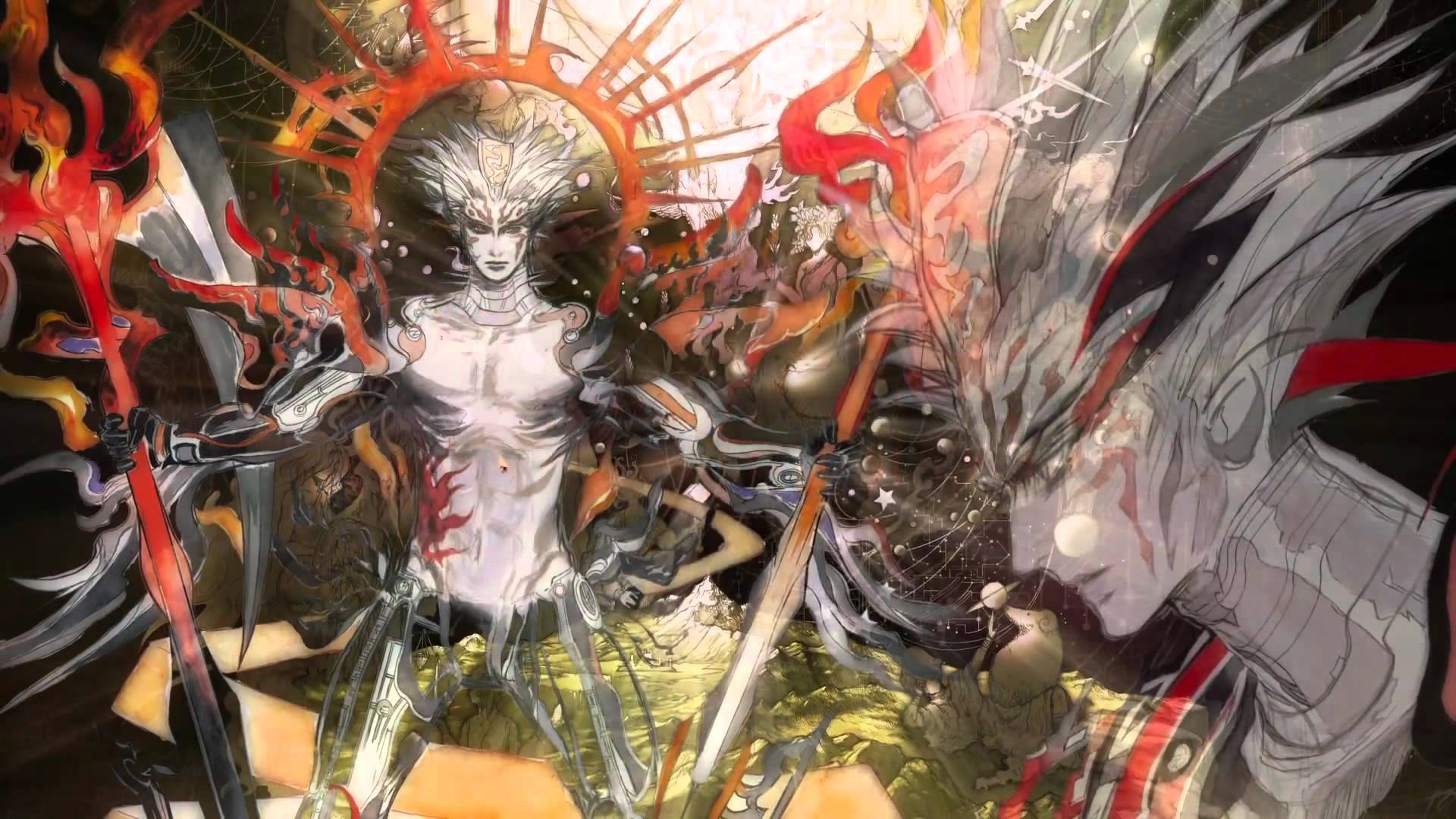
The SaGa series sits next to Vegemite and the collected works of Tom Waits as a textbook example of an acquired taste. From the original Game Boy trilogy all the way to the gorgeous, impenetrable Unlimited SaGa on PlayStation 2, this collection of strange RPGs are linked by their brutally demanding battle systems, loosely defined characters arranged into weird classes like Robot and Demon, and their drifting, hazy stories. In 2016, Square released SaGa: Scarlet Grace exclusively on PS Vita. The first new SaGa since 2003, Scarlet Grace felt both rooted in series traditions and eager to break from hoary trappings of old RPGs. There’s no world map to wonder, a very simple inventory system, and just four main characters as opposed to the half dozen or more typical in SaGa games. But that forward-thinking simplicity is paired with demanding, strategy-first fights and deep character dialogues in the game’s towns. As a Vita-only game, it’s a tough sell outside of Japan. For the game-thirsty Switch, whose portability suits the game as is and TV-play ability would enhance the gorgeous character art, it’s an excellent choice for localization.
Treasure of the Rudras
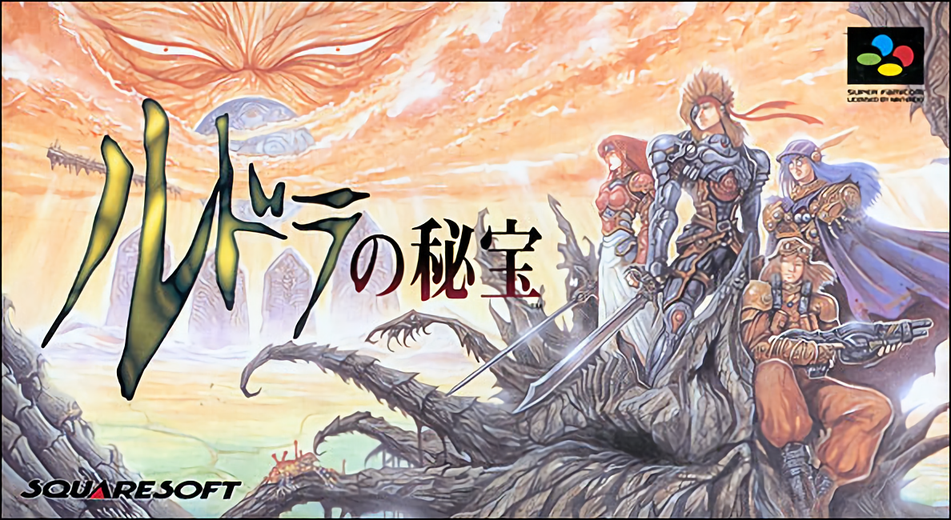
Another peer of Seiken Denstsu 3, Treasure of the Rudras was one of Square’s last games for Super Nintendo. While nowhere near as beautifully drawn or narratively ambitious as late era games like Chrono Trigger, Final Fantasy 6, or Seiken Densetsu 3, Rudras had a fascinating hook for its battle system. Spells were entirely based around magic words, so rather than learning how to simply cast fire, you’d learn the word for fire and then other words to modify it for more power or a larger casting area. Considering its actual mechanics and not just its story were based on language, though, localizing the game for non-Japanese players was a distinctly difficult proposition. Given that Rudras came two years into the PS1’s life and just before the N64, it didn’t make sense to bring it over then. Anyone who’s played the excellent fan translation knows that not only can Rudras be enjoyed in other languages, it holds up very well 20 years later. This could sit right next to Live A Live as an effervescent alternative for curious RPG fans.
The Portopia Serial Murder Case
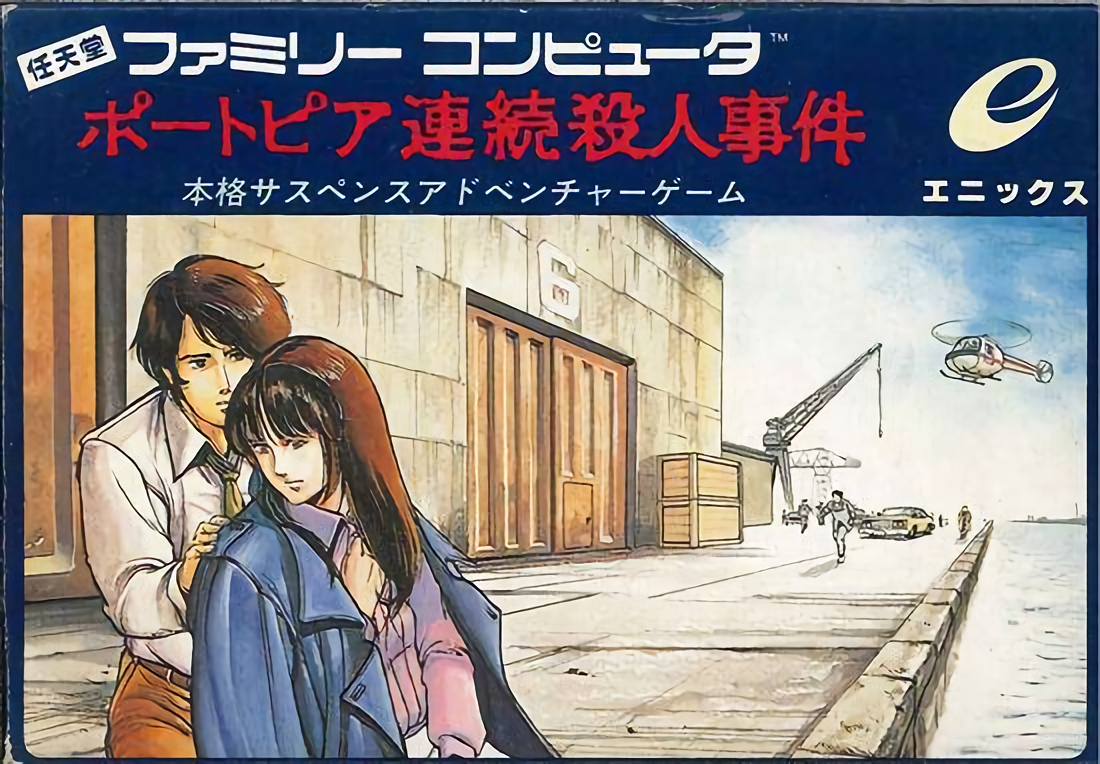
Hailing from the other half of the Square-Enix publishing archive, Portopia isn’t precisely a RPG (though it also sort of is.) It does, however, come from RPG royalty. Before Yuji Horii created the Dragon Quest series, he created Portopia for PC and Famicom. Hard-boiled murder mysteries, Portopia shares a lot in common with modern visual novel puzzle games like Virtue’s Last Reward and Phoenix Wright. Unlike many modern examples, though, Portopia offered multiple solutions to its puzzles and mysteries, letting you talk to characters and examine scenes to solve a banking executive’s murder. The Famicom version even has an extra mode with Wizardry-style dungeon exploration and role-playing fights. While Portopia’s been remade multiple times over the years, it has never officially made it to North America or Europe, continents where visual novel adventures like this have thrived in recent years. As the new home for Nintendo history, a perfect platform for long games you want to play on TV and in bed, and as a potential preserve for Square-Enix’s long lost role-playing experiments, the Switch is a perfect home for a 2017 remake of Portopia.
Sign up to the GamesRadar+ Newsletter
Weekly digests, tales from the communities you love, and more



